The worst foods for asthma
Nix these from your diet to help prevent attacks.

Why Diet Matters
Lung inflammation triggers asthma attacks that make people feel as though they're drowning. To prevent attacks, it's important to reduce the triggers, and many can be found in the foods you eat. "There's no link between nutrition and asthma that shows a nutrient deficiency as a cause," says Lauri Wright, PhD, RD, assistant professor of nutrition at the University of South… Show More
Lung inflammation triggers asthma attacks that make people feel as though they're drowning. To prevent attacks, it's important to reduce the triggers, and many can be found in the foods you eat. "There's no link between nutrition and asthma that shows a nutrient deficiency as a cause," says Lauri Wright, PhD, RD, assistant professor of nutrition at the University of South Florida. But, she says, there are foods to avoid to prevent attacks.
Show Less

Sulfites
Sulfites are among the main food additives to avoid if you have asthma. Sulfites are used in food manufacturing to keep foods looking fresh. But they also irritate the lungs. Most often, people inhale sulfur dioxide gas released while eating or drinking -- triggering a reaction within a few hours… Show More
Sulfites are among the main food additives to avoid if you have asthma. Sulfites are used in food manufacturing to keep foods looking fresh. But they also irritate the lungs. Most often, people inhale sulfur dioxide gas released while eating or drinking -- triggering a reaction within a few hours that usually includes wheezing and a cough.
Show Less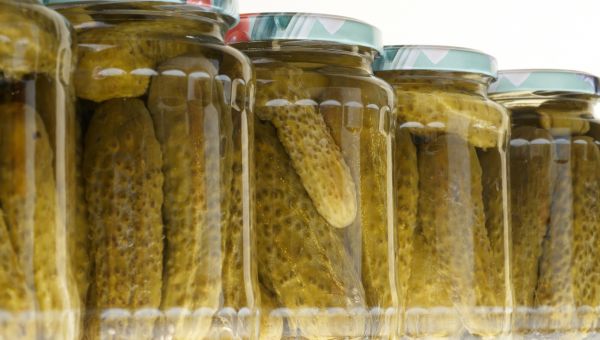
Pickles and Relishes
This includes pickle relish and anything pickled, including sauerkraut. Swap pickles for fresh veggies or freshly-made salsa—the lime juice will satisfy your yen for something sour.

Beer, Wine and Hard Cider
Sulfites are a natural byproduct of fermentation, so there's no wine or beer that's truly sulfite-free. Your best alternative? Go for a cocktail made with a distilled spirit. Just watch the mixes and garnishes.
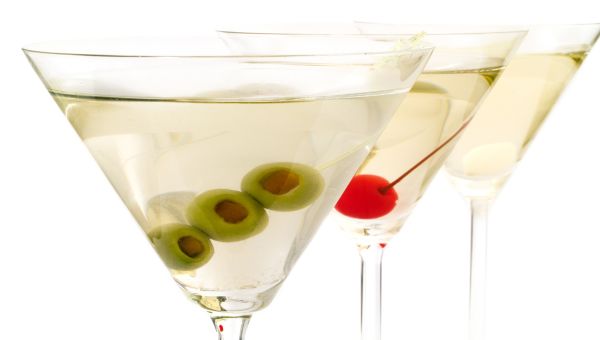
Cocktail Mixes
Be careful at the bar. Cocktail mixes, pickled cocktail onions and even maraschino cherries all contain sulfites as a preservative. To get your buzz without any other unwanted effects, drink your martini neat!

Vinegars
Red wine vinegar, cider vinegar, sherry vinegar and rice wine vinegar contain sulfites for the same reason that wine and beer do: they're fermented. So when you want a tangy flavor, reach for a squeeze of fresh citrus juice instead.
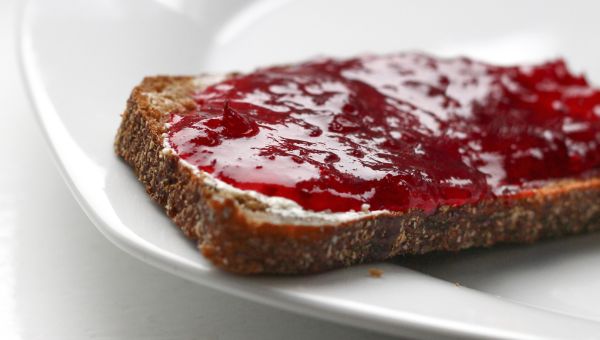
Fruit Toppings
If your favorite fruity sundae or yogurt topping was commercially processed, it's likely got sulfites to help preserve the color. So do jams, jellies, processed fruit and veggie juices, and dried fruits, like raisins, apricots and dried plums. Go for fresh fruit instead. If you're craving a fruity… Show More
If your favorite fruity sundae or yogurt topping was commercially processed, it's likely got sulfites to help preserve the color. So do jams, jellies, processed fruit and veggie juices, and dried fruits, like raisins, apricots and dried plums. Go for fresh fruit instead. If you're craving a fruity sauce for a sundae or parfait, toss diced berries with a little sugar and let it macerate for a few minutes before dolloping it on your ice cream or yogurt.
Show Less
Processed Meats
Some processed meats, such as prepared beef stew, contain sulfites. Another reason to avoid processed meats: They're often high in saturated fat, which some research has linked with worse asthma symptoms. Food manufacturers cannot by law add sulfites to raw meat, though—so cook your own.
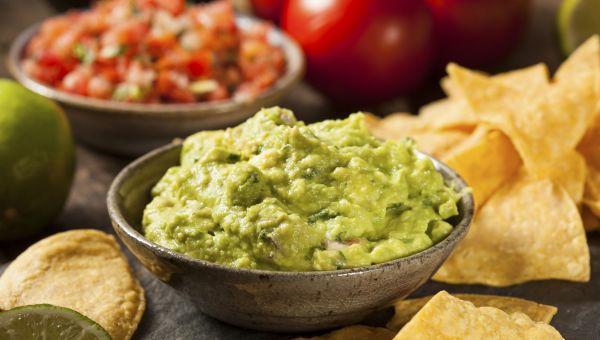
Packaged Guacamole
Sulfites help keep ready-to-eat guacamole bright green. Skip that, and instead slice your own avocados or make your own guac. If you're dining out, ask if the guacamole is made fresh in the restaurant kitchen.

Frozen and Instant Potatoes
Like the avocados in guacamole, it's hard to keep potatoes from turning brown, and so food manufacturers turn to sulfites to do the trick. Your best move: Slice and roast potato wedges yourself, or go for homemade mash. When you're eating out, choose a baked potato, especially if you're not certain… Show More
Like the avocados in guacamole, it's hard to keep potatoes from turning brown, and so food manufacturers turn to sulfites to do the trick. Your best move: Slice and roast potato wedges yourself, or go for homemade mash. When you're eating out, choose a baked potato, especially if you're not certain the fries were made on site.
Show Less
Frozen Seafood
Sulfites are added to frozen shrimp and lobster to keep their shells bright. Frozen fish, canned clams and shrimp, and dried cod can also contain sulfites. Seafood can be a good source of nutrients for your overall health, such as omega-3 fatty acids and vitamin D. Your strategy, then, is to find a… Show More
Sulfites are added to frozen shrimp and lobster to keep their shells bright. Frozen fish, canned clams and shrimp, and dried cod can also contain sulfites. Seafood can be a good source of nutrients for your overall health, such as omega-3 fatty acids and vitamin D. Your strategy, then, is to find a fish market with a knowledgeable staff and make them your friends.
Show Less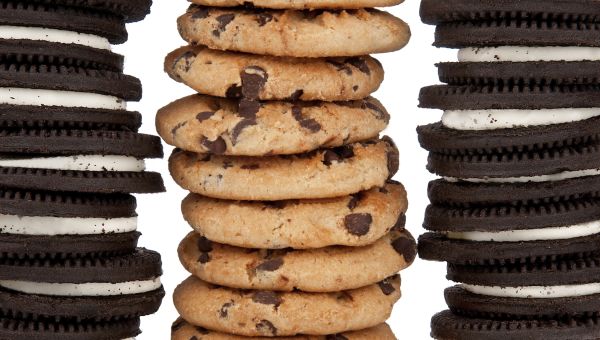
Cookies and More
Baked goods are often made with sulfites, and many also contain trans fats and saturated fats, which seem to worsen asthma symptoms, says Dr. Wright. Steer clear of commercial pie crusts, cookies, canned frosting, and refrigerated biscuit dough and cookie dough. Also avoid margarine; use healthy… Show More
Baked goods are often made with sulfites, and many also contain trans fats and saturated fats, which seem to worsen asthma symptoms, says Dr. Wright. Steer clear of commercial pie crusts, cookies, canned frosting, and refrigerated biscuit dough and cookie dough. Also avoid margarine; use healthy oils or a little real butter.
Show Less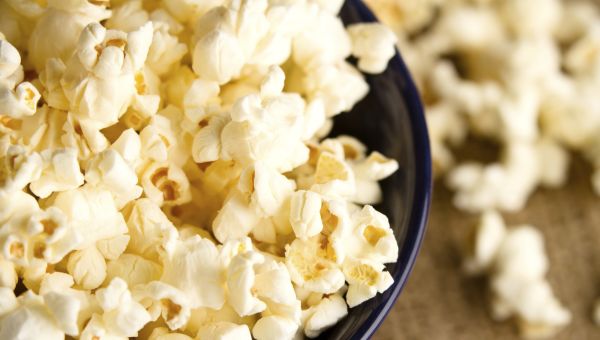
Microwave Popcorn
That bag you pop before you dive into a Netflix binge-watching session may also contain trans fats. There are some trans-fat-free varieties coming on the market, or you can go old school and make your own on the stovetop. Popcorn is a whole grain, so there's no reason to avoid it. Just find … Show More
That bag you pop before you dive into a Netflix binge-watching session may also contain trans fats. There are some trans-fat-free varieties coming on the market, or you can go old school and make your own on the stovetop. Popcorn is a whole grain, so there's no reason to avoid it. Just find healthier ways to make it.
Show LessMore On


video

slideshow


video


video
